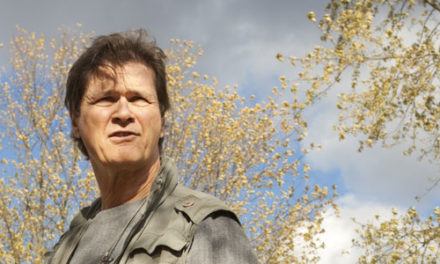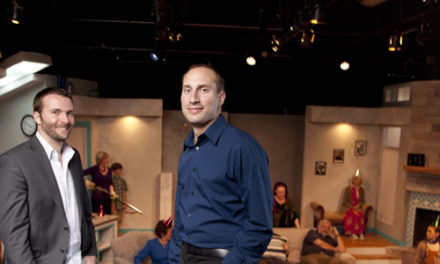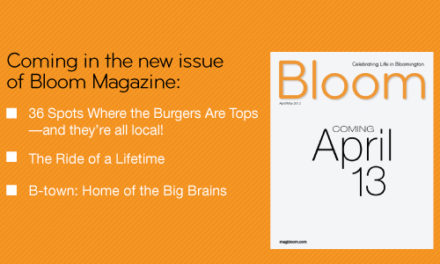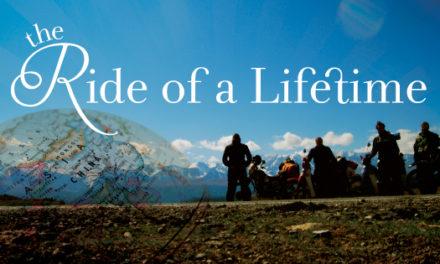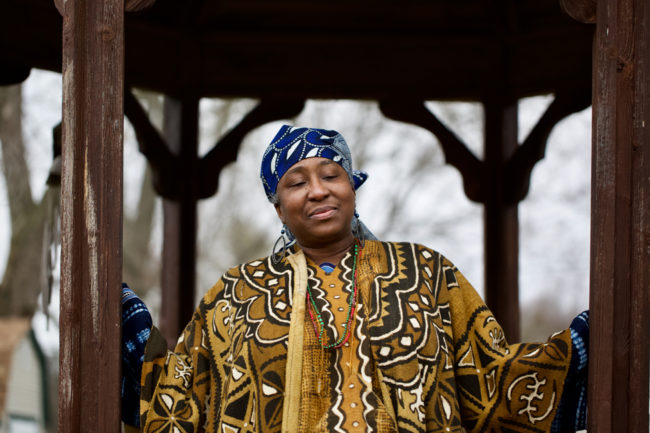
by TRACY ZOLLINGER TURNER
In 2014, Maria E. Hamilton Abegunde was the first person to earn a doctorate in African American and African Diaspora Studies at Indiana University—a distinction that was groundbreaking not only in its accomplishment, but also for the revolutionary nature of the research she continues to do. Utilizing creative and critical writing, contemplative practices, ritual, and collaborative art, Abegunde explores the legacy of slavery, its continuing effects on its descendants, and new means of healing.
“The question I always ask is, ‘How do unresolved ancestral woundings and traumas impact and shape descendants? How do these traumas get transmitted over time, over dimension, through DNA?’” she says.
Now a faculty member in African American and African Diaspora Studies at IU, as well as the founding director of the Graduate Mentoring Center, Abegunde has other titles that define her responsibilities in the world: “Memory Keeper, poet, healer, an ancestral priest in the Yoruba Orisa tradition [a native religion of the Yoruba people of Nigeria], and a daughter of Osun [an Orisa deity].”
Her teaching style incorporates contemplative practices and often challenges academic conventions, as in one recent course where she invited colleagues and students to digest a difficult book together. “I wanted to give them the gift of thinking—of learning how to ask a question without penalty,” she says. She also invites students to collaborate on her public artwork.
Abegunde was born in New Jersey during a time of riots and racial unrest across the U.S. For safety and tradition, her parents sent her to the Caribbean island of Grenada to spend her early childhood with her maternal grandmother and other extended family. There, she says, her family, the ocean, mangoes, goats, and cacao offered “a lovely, lovely childhood that was full and free.”
“I’ve always felt that I had the benefit of being born in the midst of revolution and being put away someplace safe to emerge with ancestral healing tools and knowledge,” she says. “This has given me a different perspective on what is happening now and what could be done to move us forward.”
What is emerging from the unrest of our time, says Abegunde, is the need to commit to healing. “We have all made agreements—in this life or a past life, or for a future life—about what and who is ‘good’ or ‘bad,’ and what is right or wrong,” she says. “How do those choices serve us now? What new agreements do we need to make with ourselves and each other to ensure that … we continue with as little strife as possible, and no further wounding for any of us, particularly for those who are most vulnerable?”
Looking at last summer’s Black Lives Matter and related protests within the arc of history, Abegunde says, “Each generation has a voice and their own methods to approach healing within their own contexts. This generation is unwilling to wait longer for change and transformation. I believe that they, or maybe their children, have the possibility of truly being free.”


